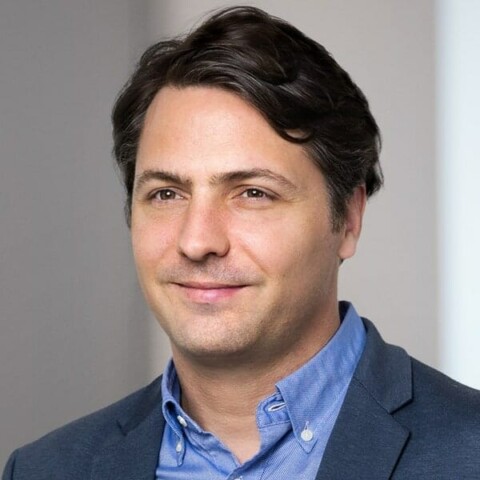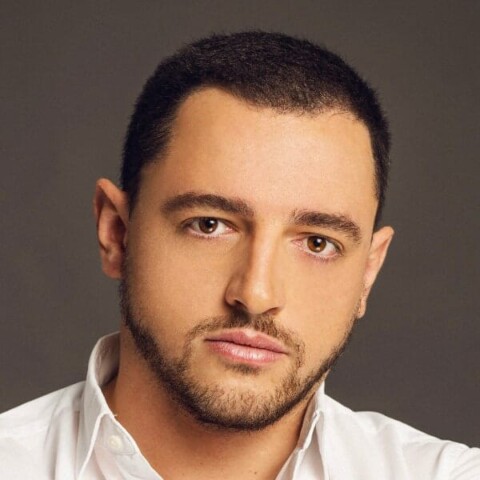Southeast Asia and Europe have a long history of beneficial trade relationships. This panel discussion with Neil Fong (Burda Principal Investments), Habyt Founder & CEO Luca Bovone and Julien Mialaret (Eurazeo) explores new opportunities for founders, startups and investors who strengthen the ties between Europe and ASEAN nations.
It pays off to look beyond China when expanding into Asia, Fong argues in his presentation that kicks off the session.
“On a relative value basis, $1 of capital spent in Europe or Southeast Asia has the potential to outperform the U.S. and Chinese markets”, Fong says. “There’s a lot of room to grow outside of Singapore. GDP per capita numbers are only about 20 percent of the developed market counterparts.”
To Luca Bovone, the the growth in certain areas of Southeast Asia makes “kind of a must to have a presence” there “and to develop into these markets”.
But success requires knowledge of local culture, he emphasizes. emphasizes. “It’s always better to enter with a good partner into such as a faraway market”, Bovone says – which is why Habyt merged with fellow co-living startup Hmlet (pronounced: “hamlet”) recently.
For European companies looking to expand, Southeast Asia offers unique opportunities, Julien Mialaret agrees – especially when it comes to business applications.
In areas such as mobility and renewable energy, “Europe has a great, great opportunity”, he says. “And our companies have come in – a lot of them in B2B.”
One example Mialaret gives is Dutch firm The Mobility House, which helped energy provider Singapore Grid integrate electric vehicles in its service portfolio with a vehicle-to-grid solution. Another is French building management group We Maintain, which started in Paris before expanding to London and Singapore.
“There’s a nice opportunity” around data-driven services “that make cities consume less resources, that enable more livable cities”, Mialaret says. “And I think there’s more to come.”





